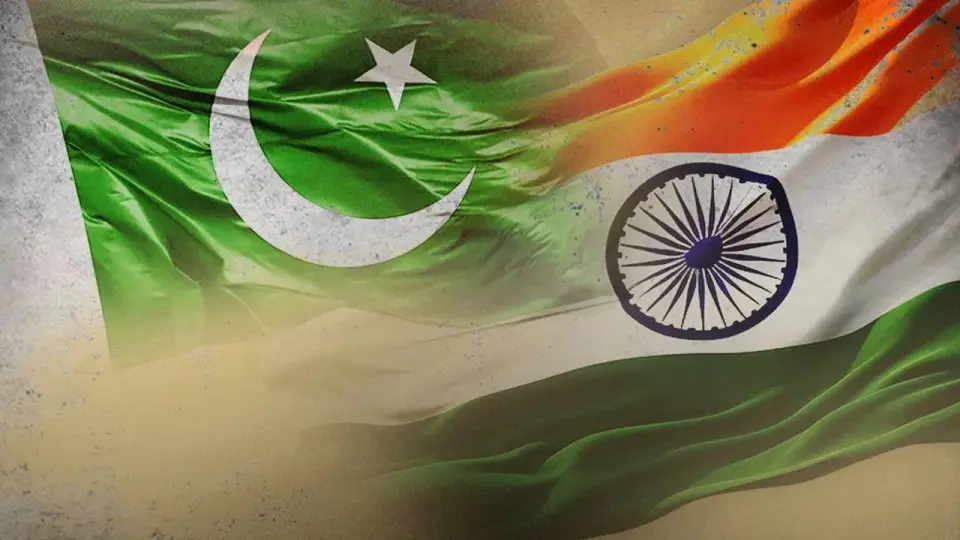
PAKISTAN (Credit: social)
National News: For years, Pakistan tried to build a narrative that global powers were ready to mediate between India and Pakistan. But now its own foreign minister has admitted the truth. Ishaq Dar said that the ceasefire proposal after Operation Sindoor came from the United States. However, India refused to accept it. This confession once again proves that India never allowed third-party interference. For India, the matter of peace or conflict with Pakistan is only between two countries.
Whenever international pressure came, India has strongly repeated its stance—Kashmir and other issues with Pakistan are bilateral. Even after Operation Sindoor, when the US President hinted at mediation, India denied it. Now Pakistan itself confirms that India stood firm. This shows India’s clear policy in foreign affairs. No matter what other nations say, New Delhi makes its decisions independently. It also shows how India’s diplomatic strength has grown.
Foreign Minister Ishaq Dar revealed that he had spoken with US Secretary of State Marco Rubio. Rubio passed on the idea of a ceasefire and talks with India. But according to Dar, India rejected the suggestion immediately. India maintained that it does not accept third-party involvement. Dar admitted this openly in a public program. His words have created embarrassment for Pakistan’s past claims. The truth is now out in the open.
During the same event, Dar stressed that Pakistan is still ready for dialogue. He said that talks should happen not only on ceasefire but also on bigger issues. According to him, both sides should discuss terrorism, trade, Kashmir, and economy. Dar added that Pakistan has never opposed outside mediation, but India always calls it bilateral. He tried to put pressure on India by saying dialogue is the only way forward.
India’s refusal is not new. For decades, New Delhi has kept the stand that no third party can intervene. Whether it is the United States or any other power, India makes it clear—Pakistan must talk directly. This strong position is also linked to past experiences where outside mediation only complicated matters. India’s reply to the US and Pakistan after Operation Sindoor continues this tradition of strategic firmness.
Interestingly, Ishaq Dar said that Pakistan is not “begging” but only asking for talks. But his words reflect desperation. Pakistan’s repeated calls for dialogue and America’s involvement show weakness in its position. India, on the other hand, has stayed consistent. This contrast is visible in the way both countries handled the Operation Sindoor aftermath. Pakistan wanted outside help, India rejected it outright. The difference is striking.
Through its refusal, India has sent a strong message internationally. Issues with Pakistan will only be settled through bilateral talks when the time is right. Outside pressure or mediation will not work. This message strengthens India’s image as a sovereign power that decides its own path. Pakistan’s admission is therefore not just a confession but also a victory for India’s foreign policy. It shows that standing firm brings credibility worldwide.

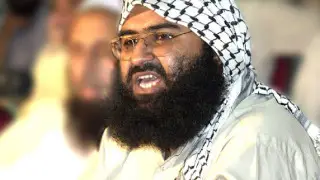
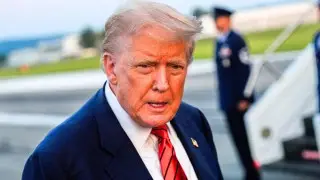
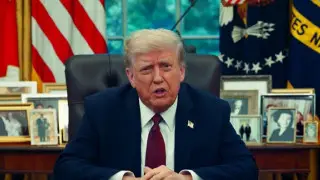
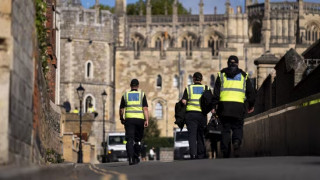








Copyright © 2025 Top Indian News
